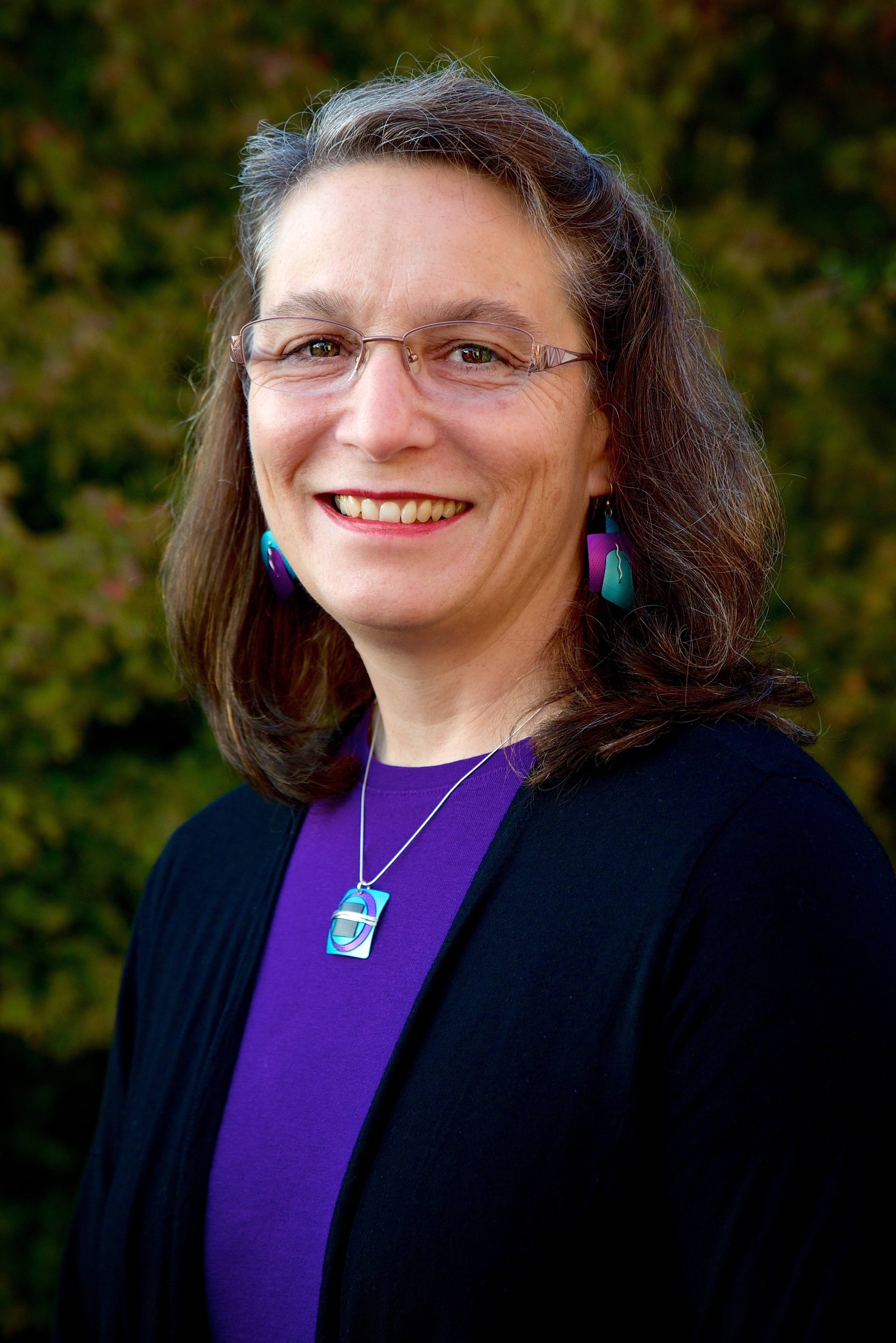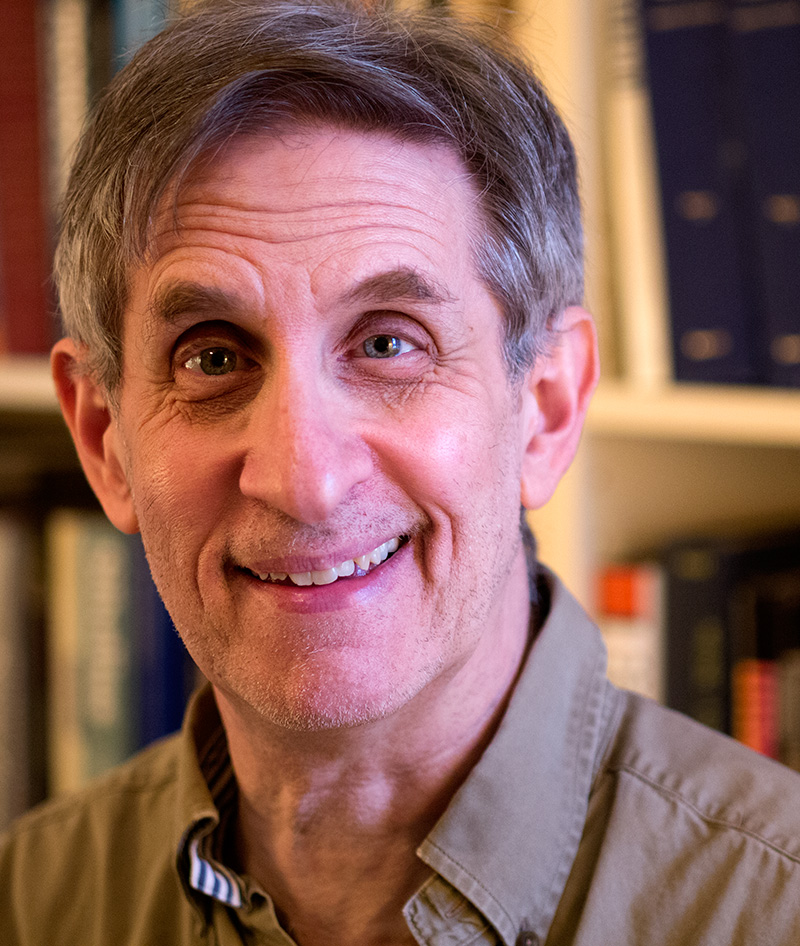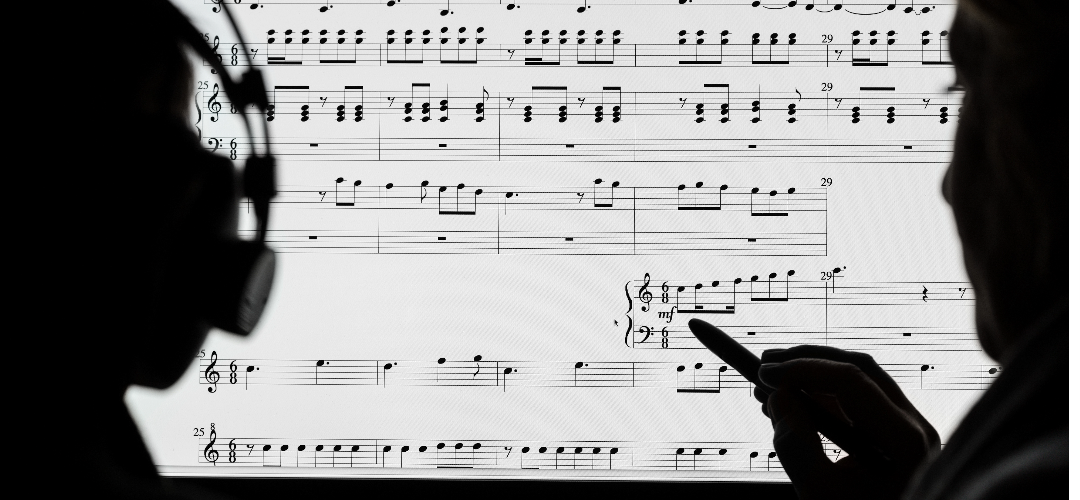Teaching Composition: A Symposium on Music Composition Pedagogy
Sept. 28-30, 2023
The University of Utah is pleased to host the second meeting of Teaching Composition: A Symposium on Music Composition Pedagogy. This conference fills an important gap in music scholarship. In other areas of music academia—for example, performance or theory—there are pedagogy journals, conferences, courses, and degree programs. In contrast, there are almost no such resources or programs relating to the teaching of music composition at the undergraduate and graduate levels. Similarly, the National Standards for Music, which outline topics and skills for K-12 music education, emphasize composing and improvising—yet music education students are rarely trained to teach those areas and may have limited experience in them as musicians. The Teaching Composition conference was created to address this gap in resources, discussion, and training.
This year, approximately 30 composers and teachers will share their research, techniques, and philosophies in a series of papers and workshops selected to foster conversation on composition pedagogy. View full program.
Events will be held in person and streamed via the School of Music.
There is no registration fee for the conference, but participants are encouraged to register ahead of time using the online form. There will also be a registration table set up each day.
The 2023 Teaching Composition Symposium is made possible through a generous Dee Grant Award supported by the Thomas D. Dee II Endowment.
Questions? Email Dr. Jessica Rudman at Jessica.Rudman@utah.edu
Keynote Speakers
Presenters can upload their handouts here.
 Patricia Plude
Patricia Plude
Journey of the Nautilus: The Art of Transformation
The exquisite, spiraled shell of the nautilus is created over a lifetime by an ancient mollusk called a cephalopod. A newly hatched nautilus will usually have just four chambers, with the tiny mollusk living in the largest, outermost chamber. As the mollusk matures, it moves its body forward and seals off the space it has outgrown, creating a new chamber in the spiral. Together, the vacated chambers form a sophisticated system that allows the creature to adjust its level of buoyancy as it moves in the depths of the sea.
Using the Nautilus’s evocative spiral of chambers as a metaphor for the creative journey, we will explore questions, such as “Why do we compose? Why do we teach the art of music? How do our art and our passion for teaching make a difference in the world?”
Through this interactive keynote address, we will explore practices and promises of the journey that will imbue our art and teaching with power to transform ourselves, our communities, and the world.
Workshop: Spontaneous Art Song
In this interactive workshop, participants will engage in several improvisation forms developed in the InterPlay* community, and expanded upon by Pat during her many years teaching music improvisation to undergraduate music majors at Santa Clara University. Playing with our voices, text, our bodies, and our instruments, we will work our way incrementally to improvising short, “Spontaneous Art Songs” with one another. Participants should wear comfortable clothing that will allow gentle movement, bring their instruments (if other than piano), and come with a playful, adventurous spirit.
*Pat is a certified leader of InterPlay®, a philosophy and practice of improvisation designed to unlock the wisdom of our bodies and in our communities.
 Alan Belkin
Alan Belkin
There is no known human culture that has no music, although of course the *kind* of music will vary, according to where and when it is coming from. However, since most normal humans respond to one kind of music or another, surely there must be some common principles that tie them all together.
Without pretending to be an ethnomusicologist, or a specialist in the psychology of perception, I have still managed to point out some basic principles that can explain many things in music, in a way that does not depend on any specific style.
This is what led me to write my book Musical Composition, Craft and Art. In this book, although I do present the so-called “standard” musical forms - ternary, binary, variations, etc. – my emphasis is always on how, even in these familiar forms, the same psychological principles apply. To take an obvious example, sonata form requires contrast and development. Well, if we think about it, just about any music that is more than a minute or two in length will require some degree of contrast and development. The details can vary greatly, and I have a lot to say about them, but can one really imagine a large piece with no contrast, and no coherent idea or ideas that get worked out?
Several of these basic principles will form the subject of my talk.
Events will be live streamed
Schedule
DGH = David Gardner Hall THC = Thompson Chamber Hall LGCH = Libby Gardner Hall
There will be an approximately 15-minute break between sessions.
Sept. 28
10:45 am - U of U Composition Student Masterclass with Linda Dusman (DGH 324)
1:30 pm - Check in (outside LGCH)
2 pm - Welcome and Opening Remarks (LGCH)
2:15 pm - Session 1: Playback Objects (LGCH)
Digital Transformation in Composition Pedagogy - David MacDonald & Kevin Wilt
Composing the Body: Teaching Collaboration and the Art of “Writing For” - Nicholas Tran
3:30 pm - Session 2: Where to Begin (LGCH)
Heteronyms and Music Composition Pedagogy - Christopher Newman
Composition as a Process of Elaboration - Stephen Mitton*
A Comprehensive-Immersive Approach to Beginning Composition Instruction - Joseph Klein*
5:15 pm - Session 3: University of Utah Faculty (LGCH)
Favorite Music Tech Assignments - Mike Cottle
Fostering Self-Care in Composition Students - Devin Maxwell
Making Why the Guiding Force in Composers’ Development - Jessica Rudman
Sept. 29
8:30 am - Check in (outside LGH)
9:00 am - Keynote Speech by Patricia Plude (LGCH)
Journey of the Nautilus: the Art of Transformation
10:45 am - Session 4: Collaboration (LGCH)
The Art of Creative Collaboration - John Cope
Music and Words - Jean Ahn*
Building Community Through Group Composition - Jennifer Jolley
12:15 pm - LUNCH
1:15 pm - Session 5: Legacy (LGCH)
Standing on the Shoulders of Giants - Joseph Sowa
Inside and Outside the Box - Miguel Chuaqui
The Problem with Cultural Legacy - Joseph Vasinda
3:00 pm - Session 6: Teaching Composition to Non-Majors (LGCH)
A Graduate Assistant’s Guide to Teaching Composition - Tanner Herrod
Teaching Away from the 5-line Sta - Jasmine Thomasian*
Designing a Composition Course for Non-Majors: A Practical Approach - Alex Burtzos
4:45 pm - Keynote Workshop led by Patricia Plude (TCH)
Spontaneous Art Song
Sept. 30
8:30 am - Check in (outside DGH 270)
9:00 am - Session 7: Composition in Music Education (DGH 270)
Holistic Music Education - Sam Merciers
Composition Pedagogy for K-12 Students - Gregory Klug
Teaching Music Composition in the Private Studio - John Syzygy
10:45 am - Session 8: Popular Musics (DGH 270)
A Student’s Perspective on University Jazz Arranging Pedagogy - Peter James
An Approach to Teaching Song Form for Composition Instructors - Frank Nawrot
Teaching Song-writing in Prison - Owen Belcher and Yotam Haber
12:15 pm - LUNCH
1:15 pm - Keynote Speech by Alan Belkin* (DGH 270)
General Principles of Musical Composition (Style Neutral)
3 pm - Workshop (DGH 270)
Grading and UNgrading in the Postsecondary Composition Studio: Toward a More Transparent
and Comprehensive Framework for Summative Assessment [or “How Do I Get an A?”] - Kevin
Morse
4:15 pm - Lightning Talks (DGH 270)
An Educator’s Road Map Composing with Band Students - Travis Maslen*
The Missing Piece of Music Education: Why We Need to Teach Music Notation - Alexander
Liebermann*
Genre, Timbre, and Sound Design - Brooklyn Ludlow
4:15 pm - Session 9: School’s Out for Summer (DGH 270)
A Framework for Describing Compositional Technique - Jimmy Levi
Summer Etudes for Student Composers - Linda Dusman
Engaging Student Composition Growth During School Breaks - Lynnsey Lambrecht
6:45 pm - Closing Remarks (DGH 270)
Travel Info
All sessions will be held at the University of Utah School of Music in David Gardner Hall at 1375 E Presidents Circle.
Parking on/near campus can be challenging, so you may want to stay somewhere near a bus or Trax stop so you don’t need to drive to campus. If you do decide to drive to campus, view parking info.
SLC is very accessible by car and also has a bus and light rail system (Trax)
Nearby bus stops include: University President’s Circle (one stop for the 2 line and another for the 220) and 100 S/University Street (the 1 and F11). These are all less than 5 minutes walking from Gardner Hall.
The closest Trax station is University South Campus Station. This is about a 15-20 minute walk to Gardner Hall.
Closest to the School of Music
Salt Lake City Marriott University Park
Hampton Inn and Suites Salt Lake City/Univesrity-Foothill Dr.
Downtown
The music dept. generally recommends Little America.
There are also many other hotels downtown, which are accessible by public transportation.
Budget-Friendly
Extended Stay America Salt Lake City - Sugarhouse
Ramada by Wyndham Salt Lake City
You may also want to check AirBnB and similar sites.
If you are interested in finding a roommate or someone to share a rental car with, fill out the roommate finder form.

